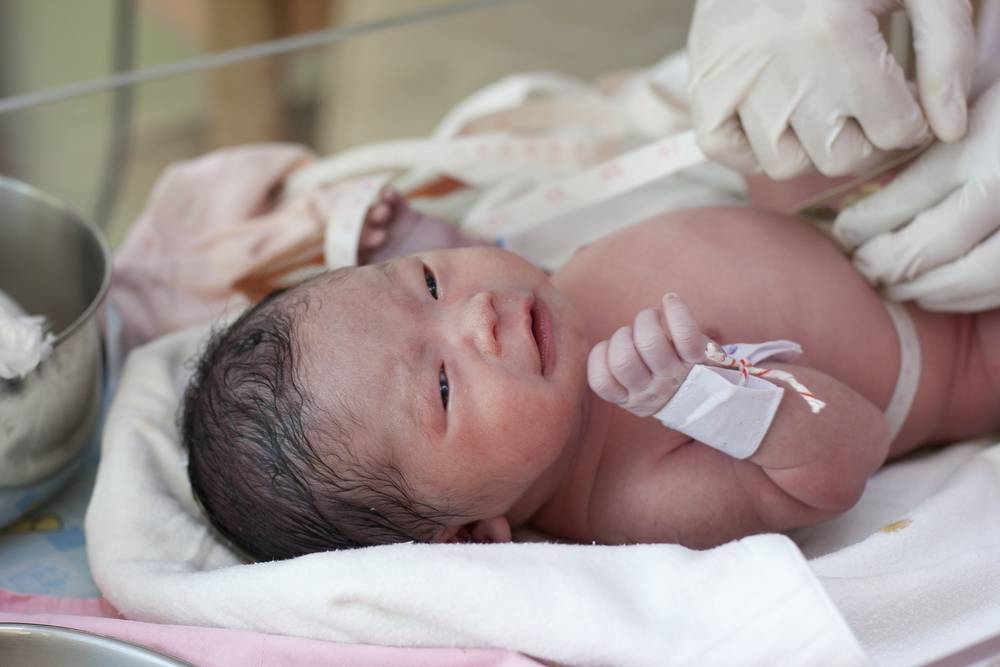In a significant medical setback, Cordlife, a renowned private cord blood bank in Singapore, is currently grappling with a crisis. The Ministry of Health (MOH) has revealed that suboptimal temperature conditions have compromised the integrity of at least 2,150 cord blood units.
These units, crucial for potential future medical treatments, were stored in one of Cordlife’s tanks.
Investigations Reveal Alarming Findings
Following a public complaint, MOH’s rigorous investigations uncovered that seven out of Cordlife’s 22 tanks were not maintained at the mandatory -150 degrees Celsius. This breach in protocol has resulted in the damage of approximately 2,200 cord blood units, belonging to roughly 2,150 clients.
Immediate Regulatory Actions
As a consequence of these findings, Cordlife has been instructed to cease all new collections, testing, processing, and storage of cord blood and human tissues. This suspension, potentially lasting up to six months, is a significant blow to the company’s operations.
The Critical Role of Cord Blood
Cord blood, rich in stem cells, is a key resource. Parents often choose to bank their newborn’s cord blood for future medical needs.
They can be used for:
- Treatment of Diseases: They can be used to treat various blood disorders and cancers, such as leukaemia and lymphoma.
- Lower Rejection Risk: Cord blood stem cells pose a lower risk of rejection in transplants compared to other sources.
- Potential Future Medical Uses: Ongoing research suggests potential applications in regenerative medicine.
- Beneficial for Family Health: It offers a form of biological insurance for families with a history of certain diseases.
- Easier Matching and Quick Availability: Cord blood cells are easier to match and are readily available for transplants, which can be crucial in emergency situations.
Cordlife’s Compliance and Future Steps
Cordlife, a licensed entity in Singapore for cord blood and human tissue banking, as well as clinical laboratory services, is now under stringent scrutiny. The MOH has mandated that Cordlife undertake necessary corrective measures to address these lapses. Meanwhile, an independent panel is reviewing the viability of the affected cord blood units.
Broader Impact and MOH’s Assurance
The investigation extends to another six tanks, potentially affecting 17,000 more clients. MOH has also audited other licensed cord blood banks in Singapore to ensure such lapses are not widespread.
Cordlife’s Response and Client Communication
Acknowledging the gravity of the situation, Cordlife has initiated steps to inform all affected clients. The company has committed to storing the damaged units, acknowledging their potential future value in cell and gene therapy. Additionally, Cordlife has pledged to waive future storage fees for these clients and assist in finding suitable cord blood units if needed.
Rebuilding Trust
Cordlife’s CEO, Tan Poh Lan, expressed regret over the incident, emphasising the company’s dedication to regaining client trust.
He stated that “In our 22 years of storing cord blood in Singapore and across the region, this is the only time that such incidents have happened. We recognise that we have fallen short of the high standards that we hold ourselves to, and we sincerely apologise to our clients and will work diligently to regain their trust.”
This incident marks a critical juncture for Cordlife, as it navigates the repercussions of this significant operational lapse.

